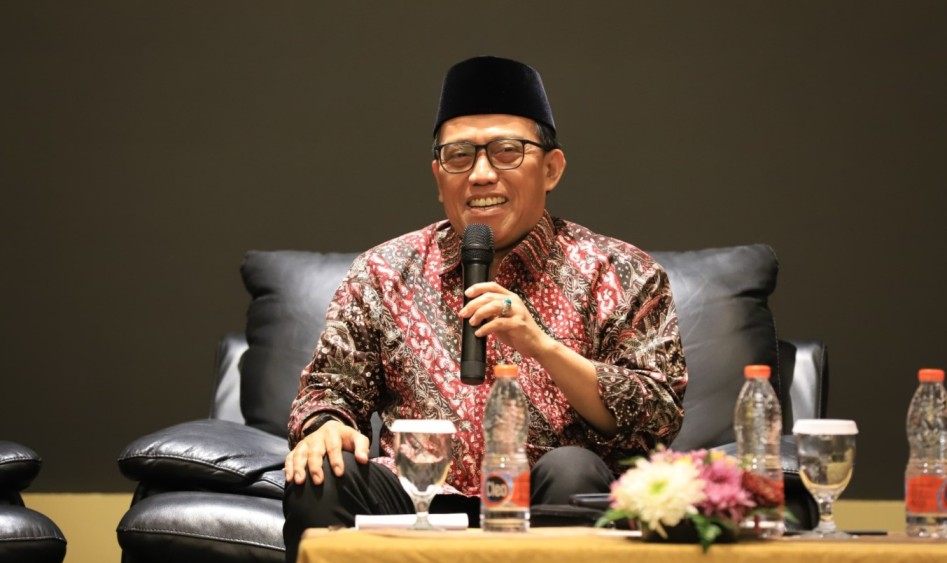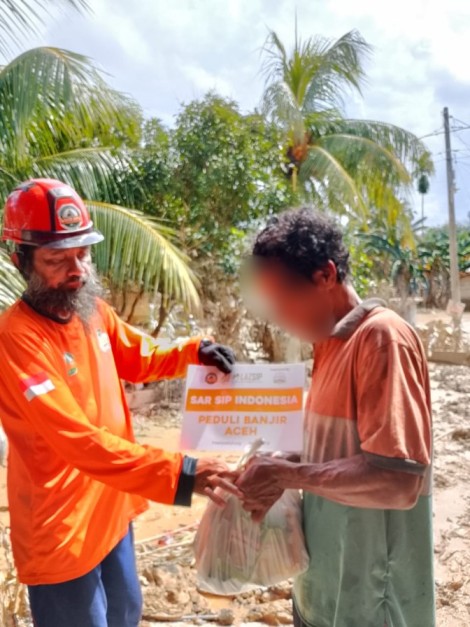Indonesian Ministry offers cooperation to guarantee halal products

Jakarta (Indonesia Window) – The Indonesian Ministry of Religion offers international cooperation on the guarantee of halal products (locally known as the abbreviation of JPH) which can include development, assessment and recognition of halal certificates.
Head of the Halal Product Guarantee Agency (BPJPH) Sukoso made the remark on the offer to a European Union delegation who visited the agency recently to explore the halal product regulation in Indonesia, the Government News Network (JPP) has reported as quoted here on Monday.
“This international cooperation is set up by BPJPH in coordination and consultation with the Minister of Religion and ministers who are in charge of responsibilities related to foreign affairs, and is carried out in accordance with the foreign policy, national legislation, as well as international law and customs,” he explained.
In connection with international cooperation on recognition of halal certificates, according to Sukoso, it will be carried out with foreign halal institutions authorized to issue halal certificates.
The foreign halal institution is a halal certificate issuing institution established by the government or an Islamic religious institution that is recognized by the state.
To the European Union Delegation, the Head of BPJPH explained that JPH is a process to provide legal certainty over the halal status of a product as evidenced by the existence of a halal certificate.
The halal certificate is an acknowledgment of the halal status of a product issued by BPJPH based on a written halal fatwa issued by the Indonesian Ulema Council (MUI). Fatwa is a ruling on a point of Islamic law given by a recognized authority).
“This halal certificate is only given to products derived from halal materials and meets the halal product processing standards. The intended products are goods and / or services in the form of food, beverages, medicines, cosmetics, chemical products, biological products, genetic engineering materials, and goods consumed, used, or utilized by people,” Sukoso explained.
He asserted that products originating from prohibited materials are excluded from halal-certified obligations, and producers are obliged to include non-halal information on the product packaging.
Halal certification in Indonesia is regulated in Law No. 33 of 2014 which will soon be implemented in stages by considering the readiness of business actors.
“The halal certification process starts from food and beverage products, while other products will be applied in the next stage,” Sukoso explained.
Reporting by Indonesia Window

.jpg)








